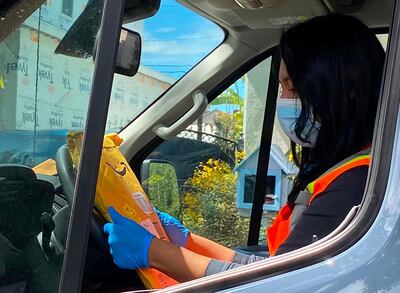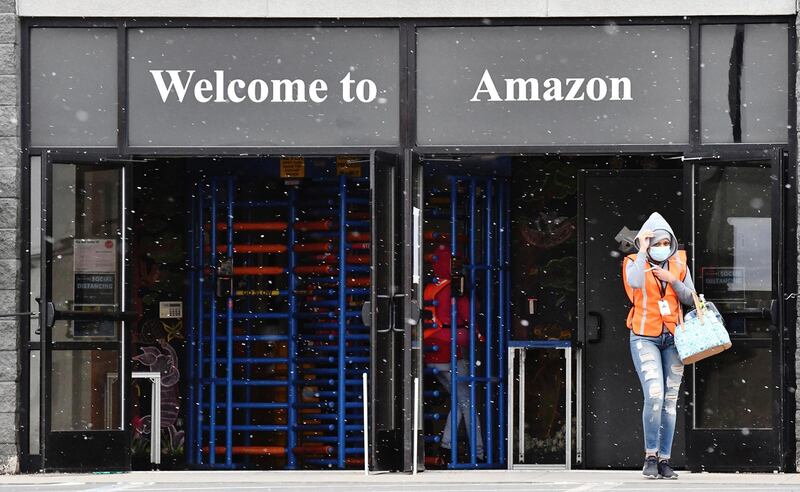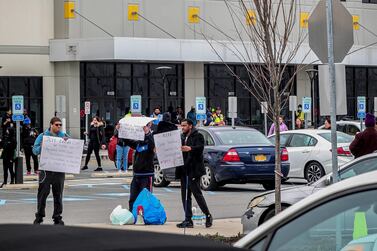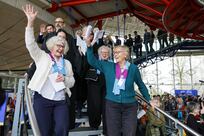Amazon will hire 75,000 new employees to meet new orders for essential products, which have spiked after restrictions on movement were put in place to curb the coronavirus outbreak.
The 75,000 new roles are in addition to the 100,000 new full- and part-time roles the company announced last month, which the e-commerce giant said have already been filled.
“We continue to see increased demand as our teams support their communities, and are going to continue to hire … creating an additional 75,000 jobs to help serve customers during this unprecedented time,” the company said in a blog post.
“Our original 100,000 jobs pledge is filled, and those new employees are working at sites across the US,” it said.
“We know many people have been economically impacted as jobs in areas like hospitality, restaurants and travel are lost or furloughed as part of this crisis, and we welcome anyone out of work to join us until their past employer can bring them back,” it added.
The e-commerce giant is witnessing an overwhelming demand from customers placing online orders for packed foods and household goods as they avoid congested supermarkets and stores. Last month, the company warned customers of delivery delays due to a backlog of orders.
It has also increased the amount it said it will invest in pay increases and employee safety to $500 million (Dh1.8 billion), up from a previous estimate of $350m.

“We will invest in safety, pay and benefits for our teams who are playing an invaluable role in getting items to communities around the world,” the company said.
Amazon has faced criticism from trade unions for keeping facilities open and risking the safety of its employees during the pandemic. It has seen temporary strikes and workers staging walkouts in protest at the company’s decision to keep warehouses open as infections have occurred.
Amazon reported its first positive case of Covid-19 on March 18 at its New York facility and has since recorded infections in 50 other facilities, out of the more than 500 the company runs across the US.
Outside the US, five employees, working at Amazon’s warehouses in Spain and Italy, have also contracted the infection.
The company also faced public ire after a fulfillment centre employee accused Amazon of firing him after he led a strike at a warehouse in Staten Island, New York, protesting against inadequate safety measures.
“Taking action cost me my job,” Chris Smalls said in an interview. “Because I tried to stand up for something that’s right, the company decided to retaliate against me.”
To win the confidence of agitating employees, Amazon has since increased wages for hourly employees. It has also established a $25m fund focused on supporting the company’s independent delivery and service partners, their drivers and seasonal employees under financial distress due to the coronavirus pandemic.
The company has also paused its fulfillment centre public tours, cancelled large events and conducted most of its job interviews virtually rather than in-person.








